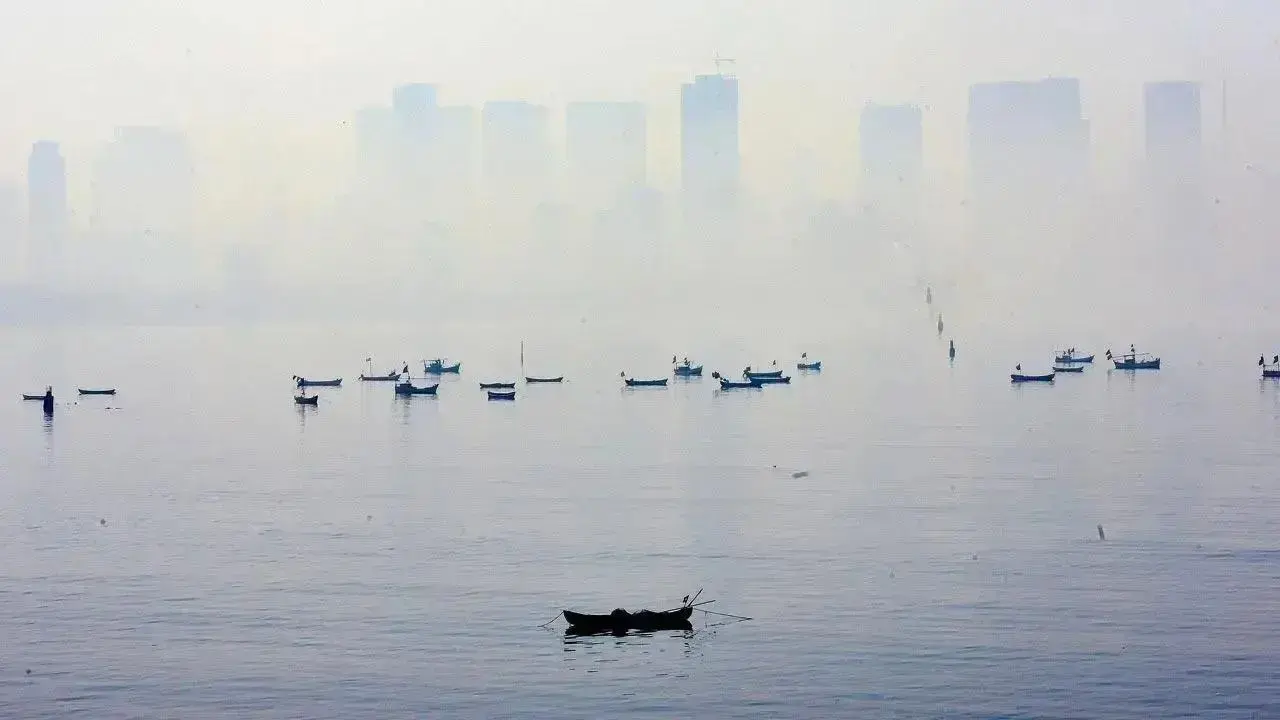As they march toward Mumbai, protesters are carrying their own rations and halting every few kilometres to cook meals before resuming their journey. Women from Loha village in Nanded and Khandala village in Latur are standing firmly behind their men, contributing small amounts of Rs 10, Rs 50, or Rs 100 — some even donated food grains — giving whatever they could to sustain the month-long agitation.
From food grains and pulses to bottled water and cooking gas, the villagers have collectively raised a few thousand rupees to keep the protest going.
“This movement is led by a common man, Jarange Patil, for the common Maratha people. It is not politically funded,” the protesters stressed.
Protesters preparing food on the way as they march towards the city
Village contribution
Balaji Zadke, 39, a social worker and farmer from Khandala, said, “The talk of the morcha had been going on for weeks, and women from our village willingly gave us anywhere between Rs 1s 0 and Rs 500. Others offered food grains and essentials, as we all knew this protest could stretch longer than the last one.”
Zadke even deployed his own truck to ferry men from his village, aged 25 to 70, along with food stocks, drinking water, and cooking materials. Another truck carried 30–40 more villagers. “Diesel alone will cost us Rs 20,000, but we have enough funds from our own people. No political party is backing us,” he said.
The inventory
According to Zadke, the group has food supplies to last 15–20 days, including 30 kg rice, 25 kg wheat flour, 5 kg each of moong and toor dal, 25 kg onions, 10 kg potatoes, 10 kg tomatoes, spice packs, garlic-ginger paste, sugar, tea powder, potable water, two gas cylinders, and a stove.
“With the rains, we prefer cooking inside the truck. We also carry basic medicines like paracetamol and rantac. So far, there have been no medical issues,” he said.
Dattaray Shinde, another protester, added, “We couldn’t reach Azad Maidan due to traffic and rain, so we halted in Chembur. Luckily, we could cook lunch there. We’ll stay in Mumbai until the state government takes a final decision.”
Supportive employers
Ajit Ambarde, 26, from Waka village in Nanded, who works at a grocery shop earning R12,000 a month, said, “I couldn’t continue working while my brothers were fighting for a reservation. I took leave, and thankfully, my employer supported me.”
He added that villagers had contributed between Rs 100 and Rs 1000, along with food grains. “Because of the rains, we created a mezzanine inside the truck to keep stocks dry and covered everything with polythene. At petrol pumps, staff allowed us to use restrooms; otherwise, some had no choice but open defecation. We only worry about falling sick in this weather.”
15-20days
Time food supplies will last for the protesters







